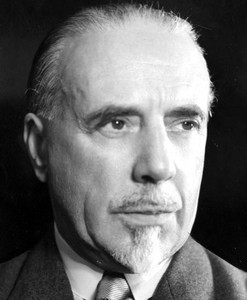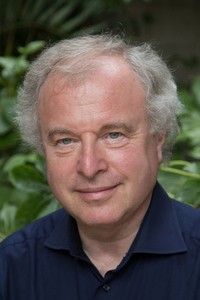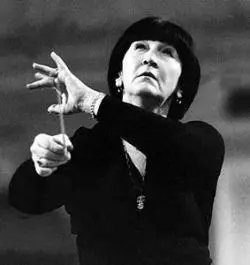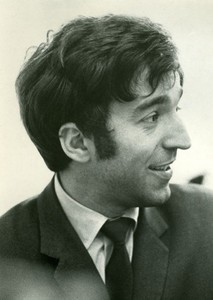
Thomas Beecham (Thomas Beecham) |
Thomas Beecham

Thomas Beecham was one of the musicians who left an inimitable mark on the performing arts of our century, in the musical life of their homeland. The son of a merchant, he studied at Oxford, never attended a conservatory or even a music school: his whole education was limited to a few private lessons. But he decided not to engage in commerce, but to devote himself to music.
Fame came to Beecham already in 1899, after he once replaced Hans Richter at the Halle Orchestra.
The majesty of his appearance, temperamental and original manner of conducting, largely improvisational, as well as the eccentricity of behavior brought Beecham popularity all over the world. A witty storyteller, a lively and sociable conversationalist, he quickly established contacts with musicians who enjoyed working with him. Maybe that’s partly why Beecham became the founder and organizer of a number of bands. In 1906 he founded the New Symphony Orchestra, in 1932 the London Philharmonic, and in 1946 the Royal Philharmonic. All of them played a prominent role in English musical life for decades.
Beginning in 1909 to conduct at the opera house, Beecham later became the head of Covent Garden, which often used his financial assistance. But above all Beecham became famous as an excellent musician-interpreter. Great vitality, inspiration and clarity marked his interpretation of many classical masterpieces, primarily Mozart, Berlioz, works by composers of the late XNUMXth century – R. Strauss, Rimsky-Korsakov, Sibelius, and also Stravinsky. “There are conductors,” wrote one of the critics, “whose reputation is based on “their” Beethoven, “their” Brahms, “their” Strauss. But there is no one whose Mozart was so aristocratically elegant, whose Berlioz is so brilliantly pompous, whose Schubert is as simple and lyrical as Beecham’s. Of the English composers, Beecham most often performed the works of F. Dilius, but other authors invariably found a place for themselves in his programs.
Conducting, Beecham was able to achieve amazing purity, strength and brilliance of the orchestra’s sound. He strove for “every musician to play his own part, like a soloist.” Behind the console was an impulsive musician who possessed the miraculous power of influencing the orchestra, a “hypnotic” influence emanating from his entire figure. At the same time, “none of his gestures,” as the conductor’s biographer notes, “was learned and known in advance. The orchestra members also knew this, and during the concerts they were ready for the most unexpected pirouettes. The task of the rehearsals was limited to showing the orchestra what the conductor wants to achieve at the concert. But Beecham was always full of invincible will, confidence in his concepts. And he consistently brought them to life. For all the originality of his artistic nature, Beecham was an excellent ensemble player. Superbly conducting opera performances, he gave the singers the opportunity to fully reveal their potential. Beecham was the first to introduce to the English public such masters as Caruso and Chaliapin.
Beecham toured less than his colleagues, devoting a lot of energy to English musical groups. But his energy was inexhaustible, and already at the age of eighty he made a big tour of Europe and South America, often performed in the USA. No less famous outside of England brought him numerous recordings; only in the last years of his life he released more than thirty records.
L. Grigoriev, J. Platek





